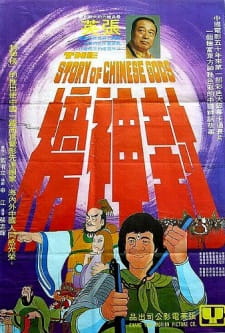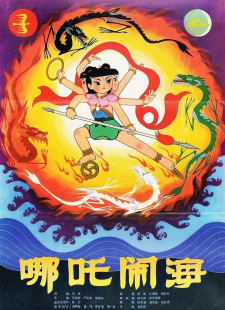
Based on a traditional Chinese novel of the same name. Bewitched by his concubine Daji, who is actually a vixen spirit in disguise as a beautiful woman, King Zhou of Shang oppresses his people and persecutes those who oppose him, including his own subjects who dare to speak up to him. Ji Fa (King Wu of Zhou), assisted by his strategist Jiang Ziya, rallies an army to overthrow the tyrant and restore peace and order. Throughout the story, battles are waged between the kingdoms of Shang and Zhou, with both sides calling upon various supernatural beings – deities, immortals, demons, spirits, and humans with magical abilities – to aid them in the war. Yuanshi Tianzun bestows upon Jiang Ziya the Fengshen Bang, a list that empowers him to invest the gods of Heaven. The heroes of Zhou and some of their fallen enemies from Shang are eventually endowed with heavenly ranking and essentially elevated to their roles as gods, hence the title of the novel. (Source: Wiki)
Based on a traditional Chinese novel of the same name. Bewitched by his concubine Daji, who is actually a vixen spirit in disguise as a beautiful woman, King Zhou of Shang oppresses his people and persecutes those who oppose him, including his own subjects who dare to speak up to him. Ji Fa (King Wu of Zhou), assisted by his strategist Jiang Ziya, rallies an army to overthrow the tyrant and restore peace and order. Throughout the story, battles are waged between the kingdoms of Shang and Zhou, with both sides calling upon various supernatural beings – deities, immortals, demons, spirits, and humans with magical abilities – to aid them in the war. Yuanshi Tianzun bestows upon Jiang Ziya the Fengshen Bang, a list that empowers him to invest the gods of Heaven. The heroes of Zhou and some of their fallen enemies from Shang are eventually endowed with heavenly ranking and essentially elevated to their roles as gods, hence the title of the novel. (Source: Wiki)

Alternative Version
哪吒鬧海
Movie · Finished Airing